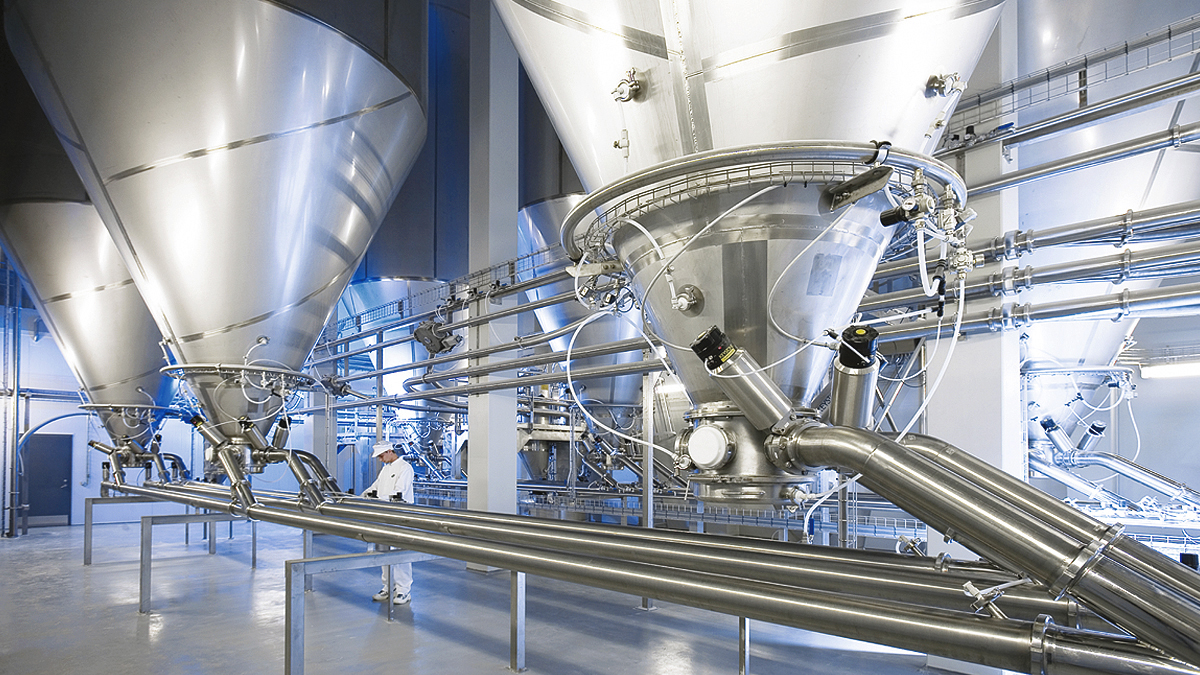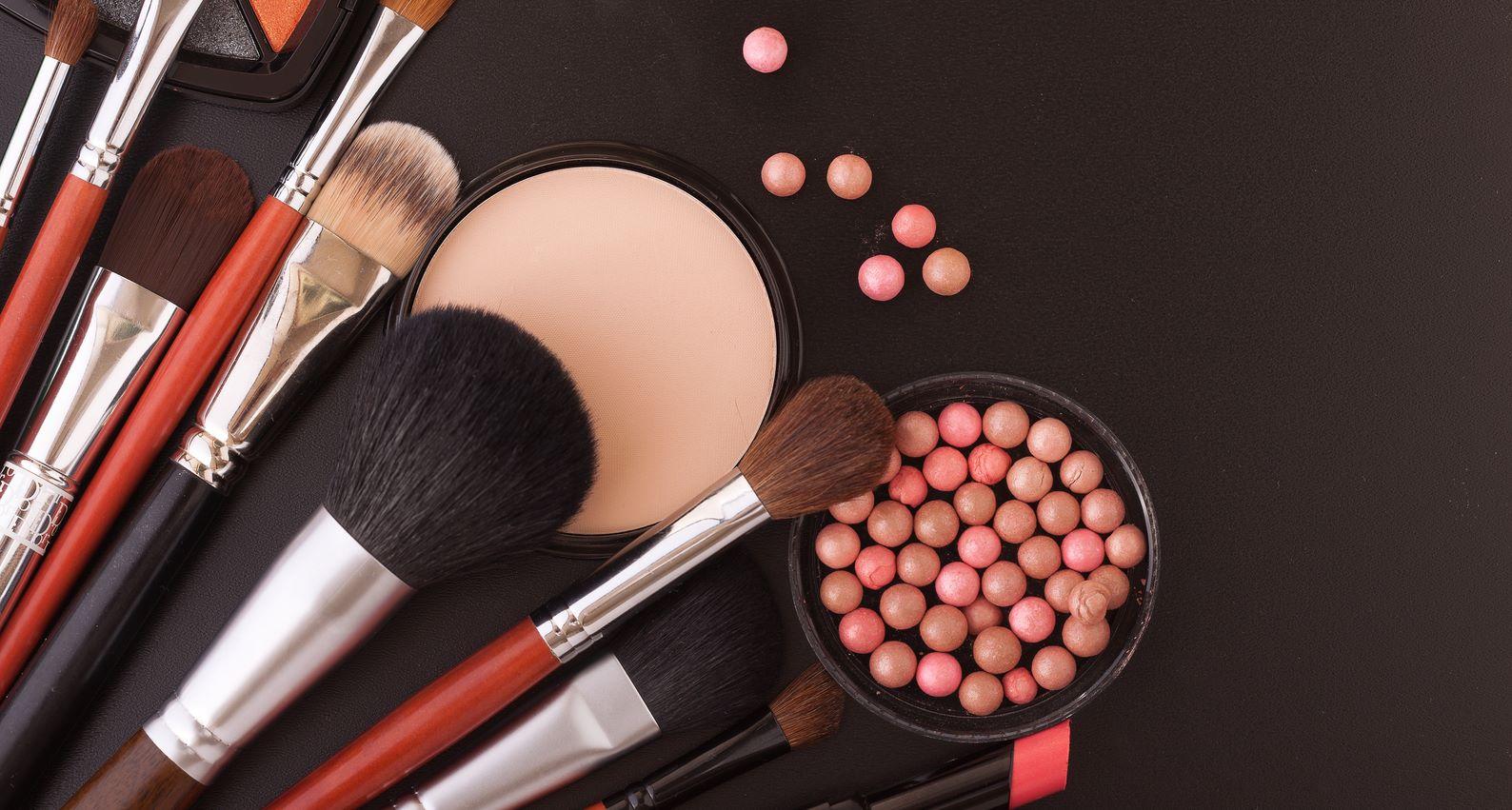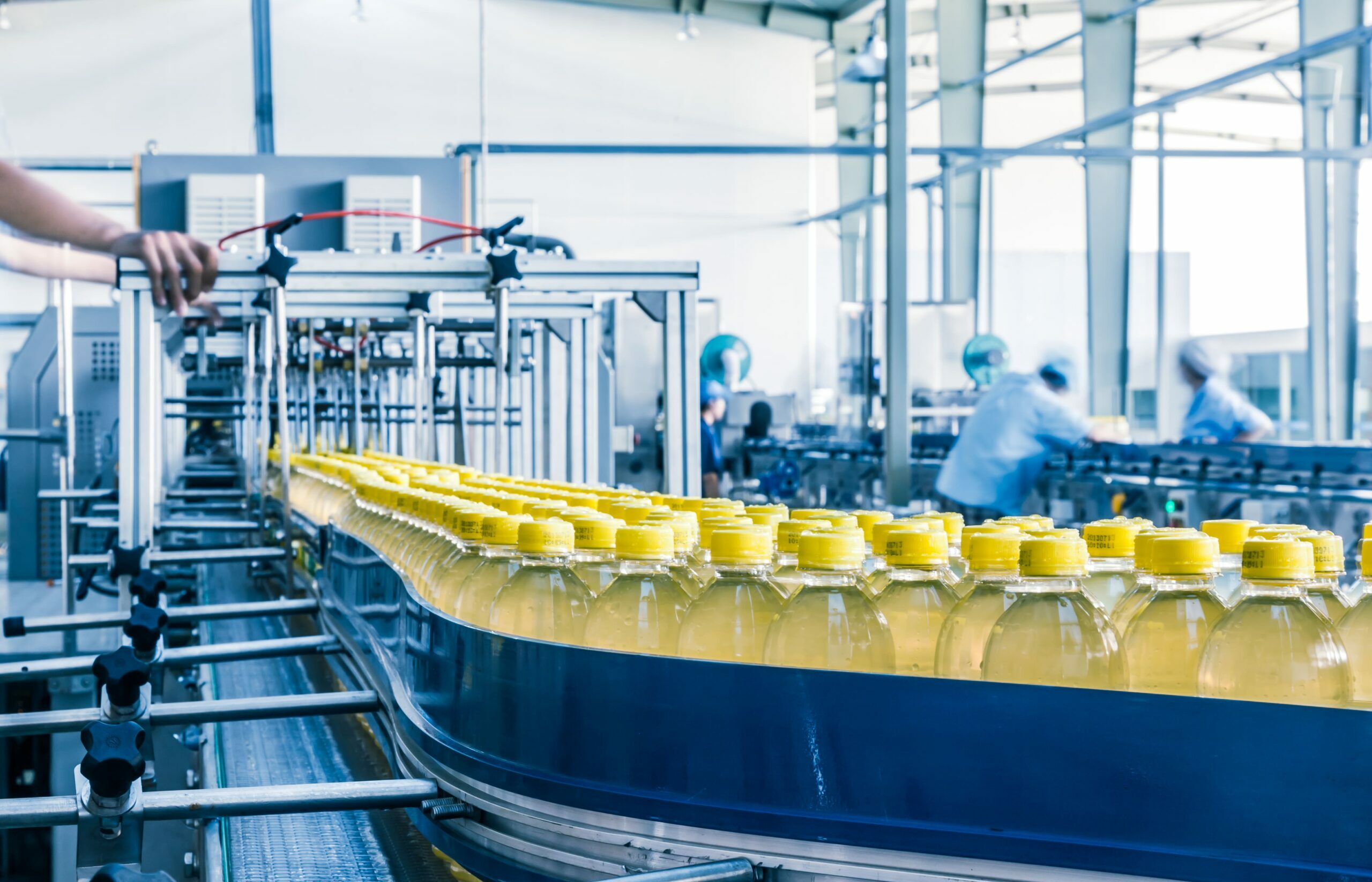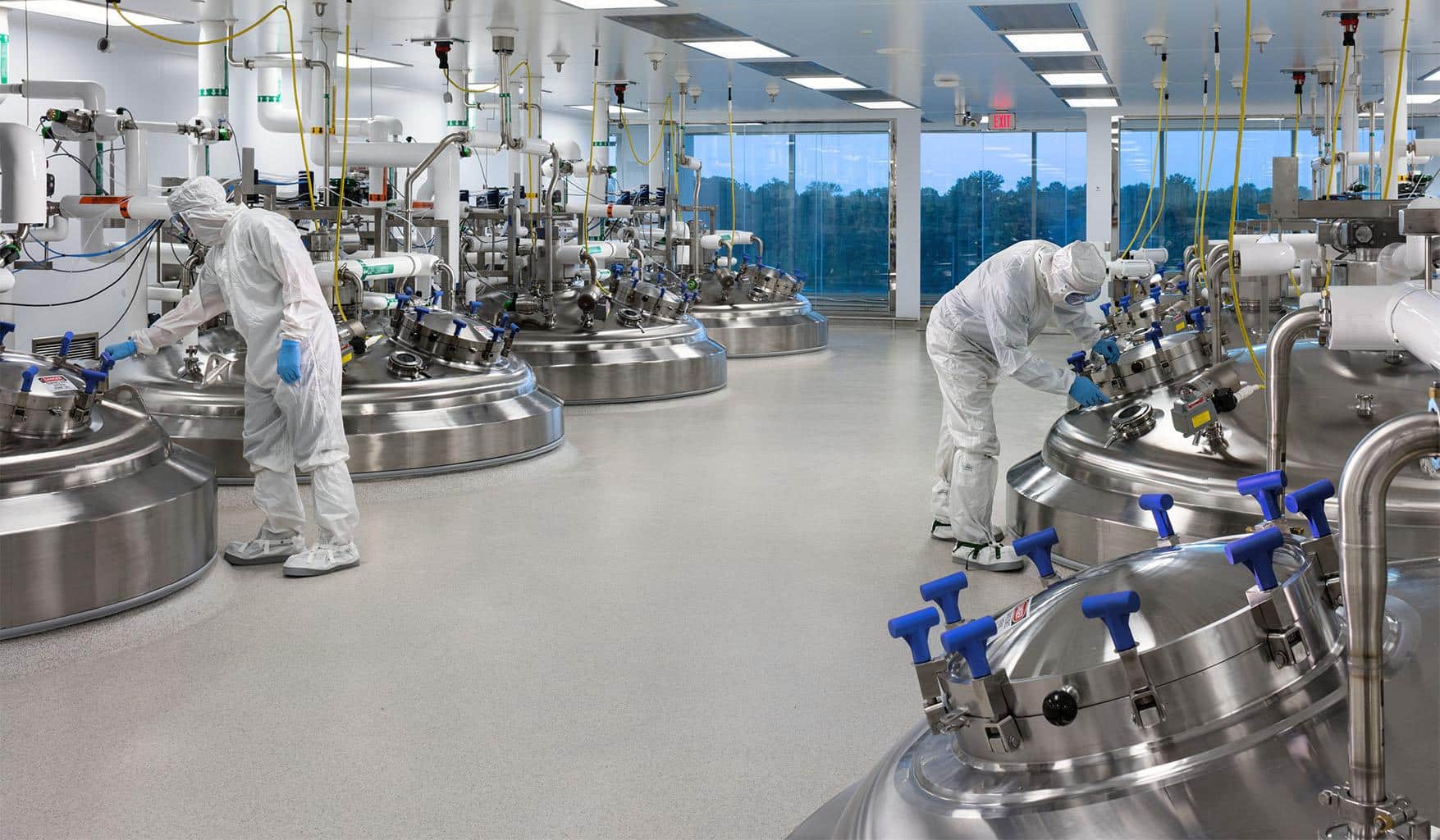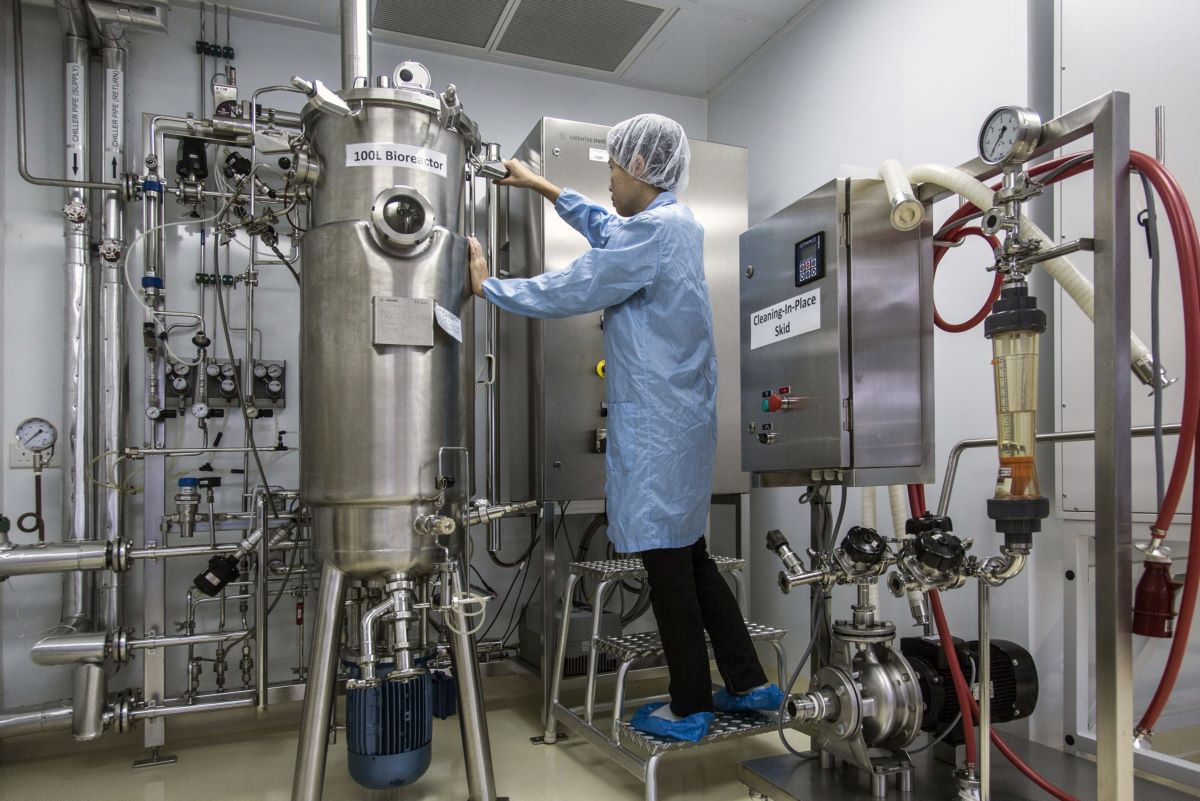The ASTM A270 standard stainless steel welded tubes, while primarily designated for the sanitary applications such as food, dairy, and pharmaceutical industries, are also highly suitable for use in the semiconductor industry. The semiconductor manufacturing process requires extremely clean and controlled environments to prevent contamination of the delicate electronic components being produced. Here's how ASTM A270 tubes can be applied in this sector:
High Purity Requirements: The semiconductor industry demands materials that do not release contaminants that could lead to defects in semiconductor chips. ASTM A270 tubes have a smooth, clean surface that minimizes particle generation.
Chemical Compatibility: The processing of semiconductors involves various chemicals and gases. The corrosion resistance of the stainless steel used in ASTM A270 tubes ensures that they can handle these materials without degrading.
Cleanroom Compatibility: These tubes can be used in cleanroom environments, as they can be cleaned to a high standard, ensuring that they do not contribute to environmental contamination.
Ultra-High Purity Process Systems: While ASTM A270 tubes are suitable for certain areas of semiconductor manufacturing, for ultra-high purity systems, the semiconductor industry often relies on even higher specifications, like ASTM A269, which have tighter tolerances for the finished tube and more stringent requirements on cleanliness and surface finish.
For semiconductor applications, the tubes might be used in the delivery systems for gases and chemicals to the production equipment, or for the removal of by-products from the manufacturing process. The ASTM A270 stainless steel welded tubes can be a good fit for these applications due to their reliability, durability, and the ability to maintain a clean surface. However, the specific requirements of a semiconductor fabrication plant (fab) will determine whether ASTM A270 tubes or another specification are most appropriate.

